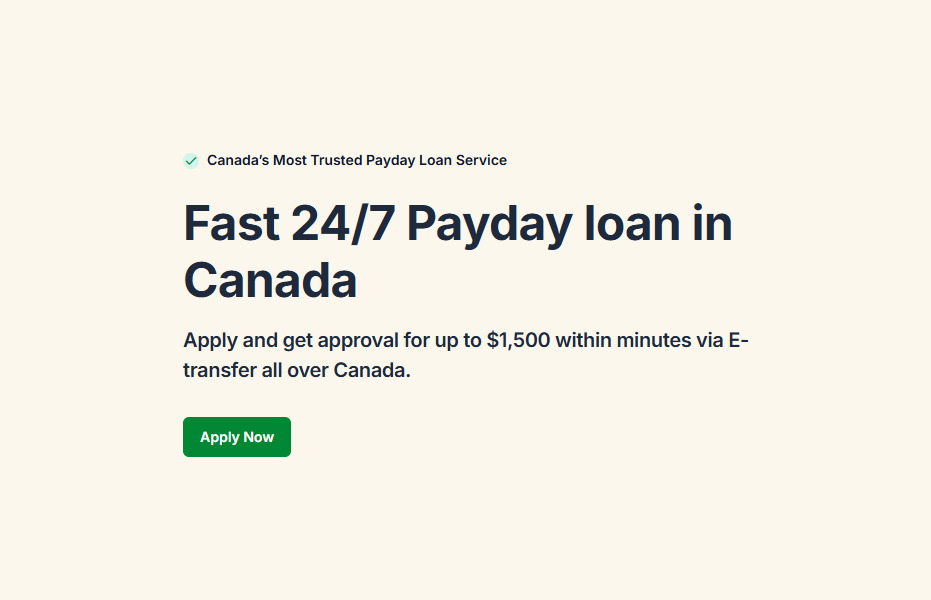
How Payday Loans Compare to Credit Cards
March 21, 2025 by Finquest FinancialWhen faced with an unexpected expense, Canadians often weigh two options: payday loans and credit cards. Each has advantages and drawbacks depending on your financial situation. Here’s how to compare the two responsibly.
Access to Funds
Credit cards: Offer immediate purchasing power and revolving credit, but require approval based on credit score and history.
Payday loans: Provide cash quickly, often with no credit check, and are accessible to those who may not qualify for traditional credit products.
Repayment Structure
Credit cards: Allow flexible repayments but risk long‑term debt if only minimum payments are made.
Payday loans: Must be repaid in full or in installments (in BC, up to 62 days) based on your pay schedule, ensuring the debt doesn’t linger indefinitely.
Cost of Borrowing
Both options carry costs, though structured differently. Credit cards charge ongoing interest (often 19%–22% annually), while payday loans have regulated fees. In BC, fees are capped under Consumer Protection BC rules, ensuring transparency.
Which Option Is Right?
- If you need flexibility and can repay over time, a credit card may work.
- If you need immediate cash and lack access to traditional credit, a payday loan may be the better option.
- The best choice depends on repayment ability and urgency.
Responsible Borrowing
Whichever option you choose, the key is repayment planning. Budget realistically, avoid borrowing for non‑essentials, and monitor your credit report through Equifax, TransUnion, or Credit Karma.
When an Expense Can’t Wait
If you need funds before payday, Finquest Financial offers short‑term payday loans with fast e‑transfer funding up to $1,500 — no credit check required.
Apply NowContinue Reading
🔗 Previous Post: Preparing for Tax Refund Season in Canada | Maximize Your Refund
🔗 Next Post: Spring Cleaning Your Finances | Refresh Your Budget